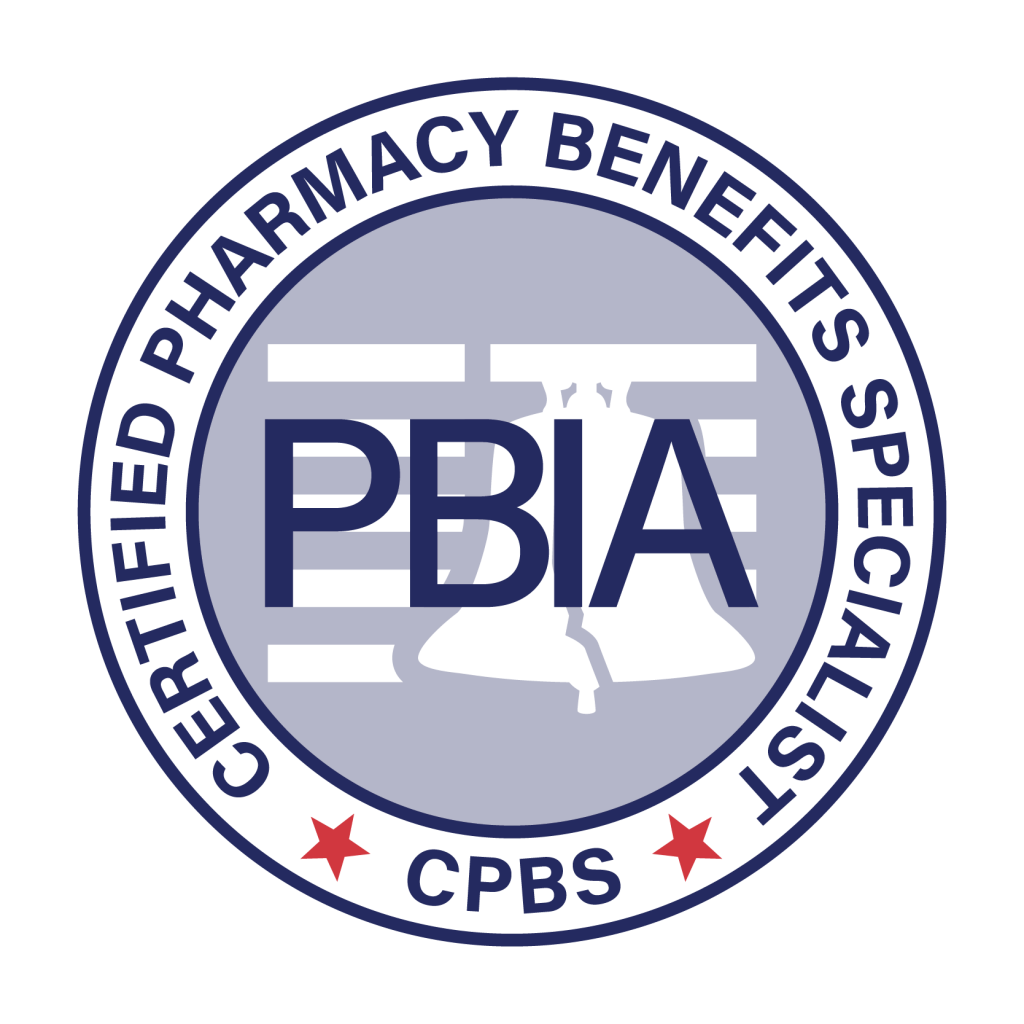Get ready for hemophilia gene therapies at $2M-$3M and other notes from around the interweb:
- ERISA-Covered Companies Must Disclose Health Plan Costs. Starting in 2022, an estimated 2.5 million employer-sponsors of health plans are required to adopt new fee and pricing transparencies due to amendments made to ERISA. While ERISA has focused on retirement service fees in the past, the spotlight is now on healthcare costs. The requirements fall under the Affordable Care Act (ACA) and Consolidated Appropriations Act, 2021 (CAA 2021), and affect organizations covered by the Employment Retirement Income Security Act of 1974 (ERISA). ERISA applies to most private companies that offer healthcare and retirement plans to employees. Complying with ERISA fiduciary duties for group health plans has been challenging due to the lack of fee transparency in the industry. However, the new transparency rules put more fee and pricing information into the hands of health plan fiduciaries and other stakeholders to shed light on these fees.
- 4 questions to ask before signing your next PBM service agreement. The very idea of managing pharmacy benefits might make you nauseous. That’s because drug prices are skyrocketing, creating significant challenges for your company’s bottom line. You may think that your pharmacy benefit manager (or PBM) – who is responsible for handling contractual relationships between drug manufacturers, health insurance providers, pharmacies, and patients – would negotiate the best possible deals for everyone involved. Unfortunately, recent reports from the PBM Accountability Project show otherwise: PBMs often misuse their immense power by adding secret streams of revenue for themselves. The Federal Trade Commission (FTC) has noted this trend too and announced plans in 2022 to investigate the inner workings of PBMs. But some states are taking it upon themselves to crack down on PBM business dealings, too. For example, Florida and Iowa joined Michigan in passing legislation in 2022 that regulates certain PBM practices – while Ohio’s Medicaid department is also conducting audits.
- Payers and PBMs are restricting access to birth control options, report finds. Several large health insurers and pharmacy benefit managers (PBM) are limiting access to birth control medication, according to a report issued by the House Oversight and Reform Committee this week. There are more than 30 birth control products that health insurers and pharmacy benefit managers are placing cost-sharing requirements on, the report found. In other words, these healthcare stakeholders are making patients pay to cover part of the prescription drug cost — or else restricting coverage. The Affordable Care Act (ACA) requires that private health insurance plans cover birth control options that are approved by the Food and Drug Administration without asking for copays. Among the 34 birth control products identified in the report, 12 don’t have equivalent options on the market.
- Get ready for hemophilia gene therapies at $2M-$3M. ICER says it’s fair for BioMarin and CSL to price incoming hemophilia gene therapies at $2M-$3M. Get ready for million-plus-dollar gene therapies to become the norm rather than the exception, and in some cases, the Boston-based drug pricing watchdog ICER is coming on board. The nonprofit ICER (Institute for Clinical and Economic Review) on Wednesday unveiled a new report finding that CSL Behring’s potential gene therapy etranacogene dezaparvovec for hemophilia B, which is due for an FDA approval decision by the end of this month, could be priced at around $3 million. ICER also updated its previous assessment of BioMarin’s EU-authorized hemophilia A gene therapy Roctavian, which ICER said could be fairly priced at about $2 million. “The new gene therapies can result in successfully treated patients appearing ‘cured’ for at least a period of time,” ICER chief medical officer David Rind said in a statement. “During this period, these gene therapies will eliminate the need for expensive prophylactic treatment. However, the duration of this ‘cure’ and the safety of therapies remains important uncertainties.”
